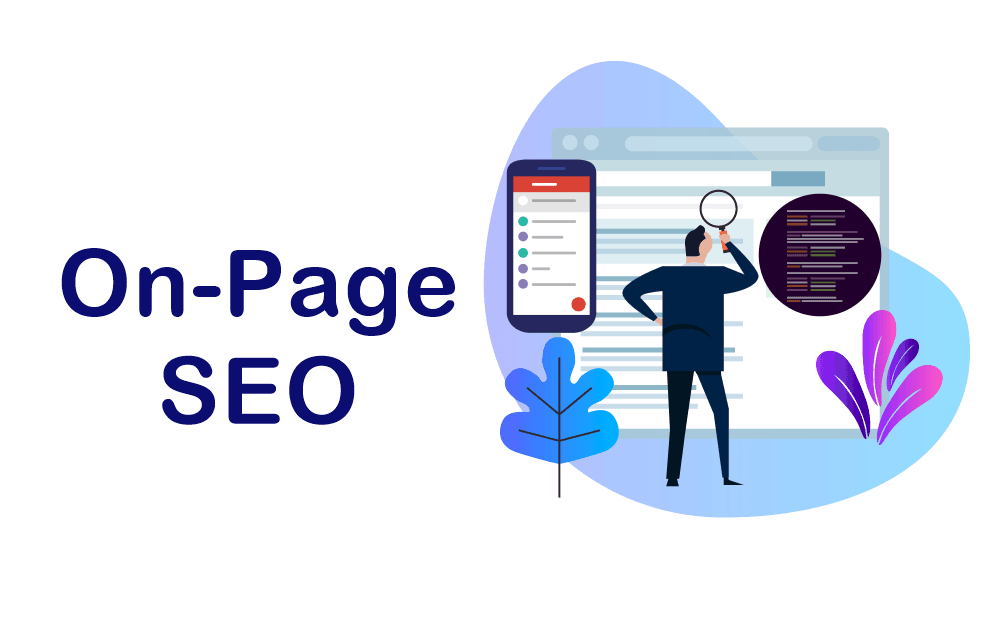
Off-page SEO refers to the actions taken outside of your own website to impact your rankings within search engine results pages (SERPs). Unlike on-page SEO, which focuses on optimizing individual web pages, off-page SEO involves strategies that enhance your website’s authority, reputation, and relevance through external factors. These efforts are crucial for improving your site’s visibility, driving traffic, and establishing your brand’s credibility online.
Backlink Building Backlinks, or inbound links, are links from other websites that point to your site. They are a major factor in search engine algorithms, as they signal to search engines that your content is valuable and credible. High-quality backlinks from reputable sites can significantly boost your site’s authority and rankings. Focus on acquiring backlinks through strategies such as guest blogging, outreach, and content partnerships.
Social Media Engagement Social media platforms offer opportunities to increase your brand’s visibility and drive traffic to your website. Engaging with your audience on social media can enhance brand awareness and encourage sharing of your content, which can lead to natural backlinks and referral traffic. Effective social media strategies involve creating shareable content, interacting with followers, and participating in relevant conversations.
Influencer Marketing Collaborating with influencers can amplify your reach and credibility. Influencers have established audiences and authority in specific niches, and their endorsements can drive traffic and build trust for your brand. Partner with influencers who align with your brand values and have a genuine connection with your target audience.
Content Marketing Content marketing extends beyond your own website. Creating valuable, shareable content such as blog posts, infographics, videos, and eBooks can attract attention from other websites and social media platforms. This content can generate backlinks, enhance brand recognition, and drive traffic to your site. Focus on producing high-quality content that addresses your audience’s needs and interests.
Online Reputation Management Managing your online reputation is essential for building trust and credibility. Monitor reviews, comments, and mentions of your brand across various platforms and respond promptly to both positive and negative feedback. Addressing concerns and showcasing positive testimonials can improve your brand’s image and influence search engine perceptions.
Local SEO and Citations For businesses targeting local customers, local SEO is crucial. This includes optimizing your presence on local business directories, review sites, and Google My Business. Consistent and accurate citations (mentions of your business name, address, and phone number) across these platforms can improve local search rankings and drive traffic from nearby customers.
Social Bookmarking Social bookmarking sites allow users to save and share web pages. Submitting your content to these platforms can drive traffic, increase visibility, and potentially earn backlinks. Popular social bookmarking sites include Reddit, StumbleUpon, and Digg.
Forums and Community Engagement Participating in online forums and communities related to your industry can help build authority and drive traffic. By contributing valuable insights and answering questions, you can establish yourself as an expert and attract visitors to your website. Ensure that your participation is genuine and relevant to avoid appearing spammy.
Press Releases and Media Outreach Issuing press releases and engaging with media outlets can generate exposure for your brand and drive traffic to your site. Well-crafted press releases that highlight newsworthy events or achievements can lead to media coverage and backlinks from reputable news sources.
Content Syndication Content syndication involves republishing your content on other platforms to reach a wider audience. By syndicating your content on high-authority sites or industry publications, you can drive traffic, build backlinks, and enhance your content’s reach.
Focus on Quality Over Quantity When building backlinks, prioritize quality over quantity. A few high-quality links from authoritative sites are more valuable than numerous low-quality links. Aim for backlinks from reputable sources that are relevant to your industry.
Build Relationships Building genuine relationships with industry influencers, bloggers, and media personnel can lead to more natural and beneficial backlinks. Networking and establishing trust within your industry can open opportunities for collaboration and endorsements.
Monitor and Analyze Performance Use tools like Google Analytics, Ahrefs, and SEMrush to track the performance of your off-page SEO efforts. Analyze metrics such as referral traffic, backlink quality, and social media engagement to assess the effectiveness of your strategies.
Stay Updated with Trends Off-page SEO is influenced by industry trends and search engine algorithms. Stay informed about the latest developments and adjust your strategies accordingly to maintain a competitive edge.
Ensure Consistency Maintain consistency in your brand’s online presence, including your business information, messaging, and engagement across different platforms. Consistency helps build trust and credibility with both users and search engines.
Off-page SEO plays a crucial role in enhancing your website’s authority, driving traffic, and building brand credibility. By focusing on strategies such as backlink building, social media engagement, influencer marketing, and content marketing, you can improve your site’s visibility and search rankings. Implementing best practices and staying updated with industry trends will help you achieve long-term success in off-page SEO, driving more relevant traffic to your website and strengthening your online presence. Embrace off-page SEO as a vital component of your overall digital marketing strategy to maximize your site’s potential and achieve your business goals.
Stay updated with the latest SEO insights and tips by subscribing to our newsletter.
Copyright © 2024 Blogaholic. All Rights Reserved.